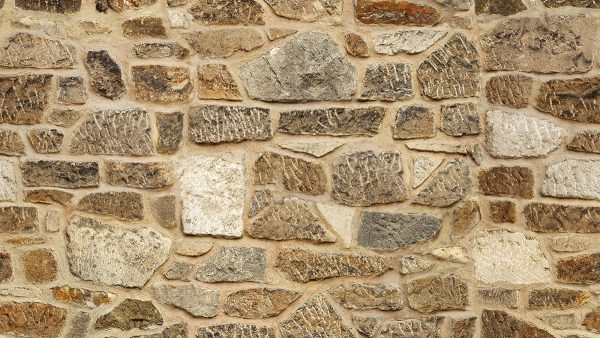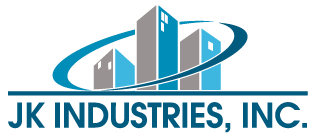Common problems with EIFS

When it comes to exterior insulation and finishing systems (EIFS), homeowners and construction professionals are familiar with many common problems that can arise.
Understanding these issues is crucial for maintaining and safeguarding the integrity of EIFS. Here are the most prevalent problems associated with EIFS, providing valuable insights and solutions.
Moisture intrusion and mold growth
Moisture intrusion is a primary concern with EIFS. Improper installation or damaged sealants can lead to water penetration, mold growth, and structural damage.
Regular inspections, timely repairs, and drainage management can prevent moisture-related issues.
Thermal expansion and contraction
EIFS materials expand and contract with temperature fluctuations, which can cause cracks and fissures.
Applying high-quality, flexible coatings and sealants helps accommodate these movements and minimizes the risk of damage.
Impact damage
EIFS is susceptible to impact damage from hail, flying debris, or accidental collisions.
Investing in impact-resistant EIFS products, such as reinforced mesh and thicker coatings, can mitigate the risk of visible cracks and punctures.
Joint separation
Improper joint installation or inadequate joint reinforcement can lead to joint separation, allowing moisture infiltration and compromising the system’s stability. Correctly installing and regularly inspecting joints can prevent this issue.
Lack of proper flashing and waterproofing
Insufficient or improperly installed flashing and waterproofing components can result in water intrusion in vulnerable areas, such as windows, doors, and rooflines.
Using appropriate flashing materials and following industry best practices for installation can minimize this risk.
Lack of ventilation
Inadequate ventilation within EIFS assemblies can trap moisture, leading to rot, mold, and deterioration of the underlying structure.
Incorporating proper ventilation strategies during installation and utilizing breathable EIFS systems can help mitigate this problem.
Insufficient maintenance
Neglecting regular maintenance can exacerbate EIFS issues over time.
Cleaning, repairing sealants, and inspecting for damage should be conducted periodically to address potential problems early on and ensure the system’s longevity.
Poor quality control during installation
Lack of proper training and supervision during EIFS installation can result in subpar workmanship, leading to various problems down the line.
Employing experienced contractors and conducting thorough quality control inspections are vital for preventing installation-related issues.
In conclusion, while EIFS offers numerous benefits, it is crucial to be aware of the common problems associated with this system.
JK Industries can guide you to understand these issues further and implement preventive measures to maintain EIFS’s performance, durability, and aesthetic appeal for years to come. Contact us today!
